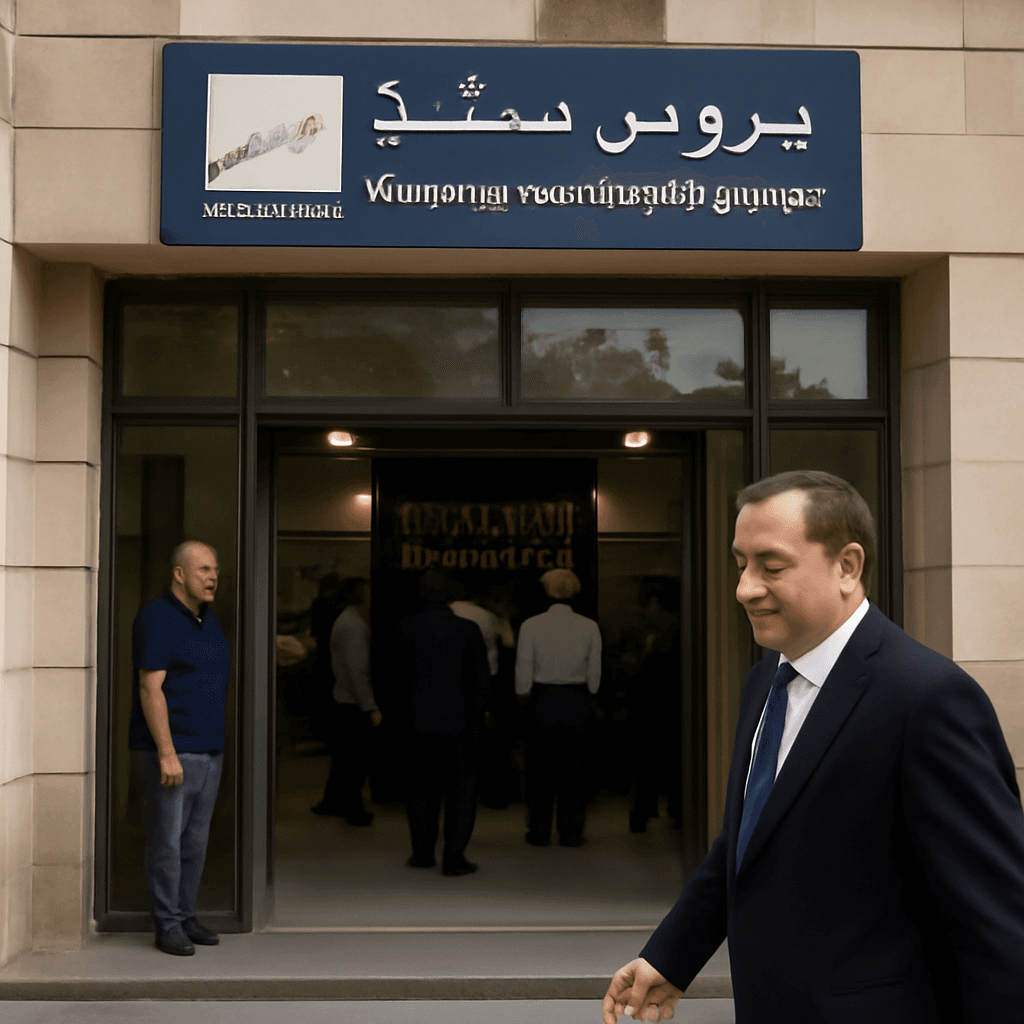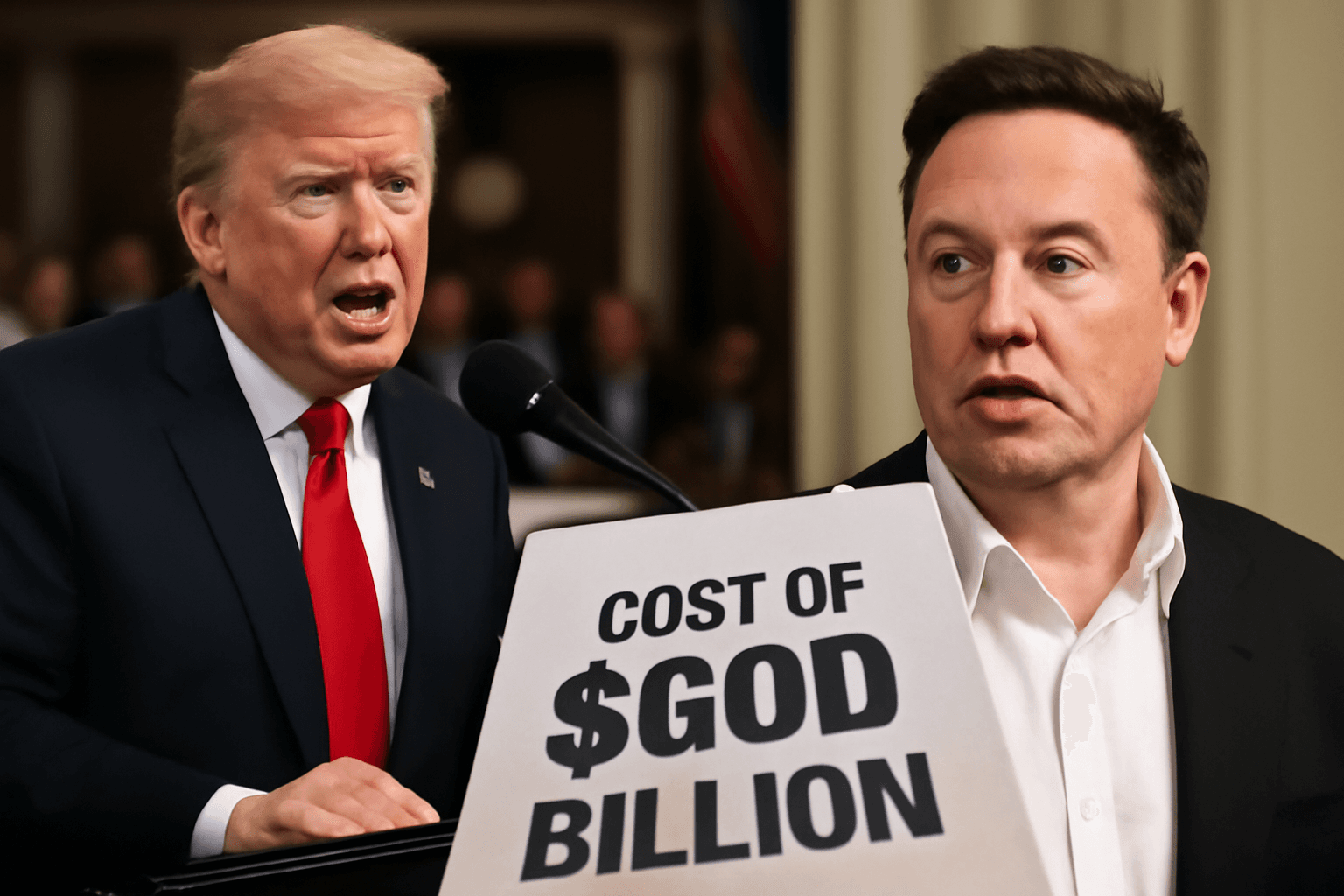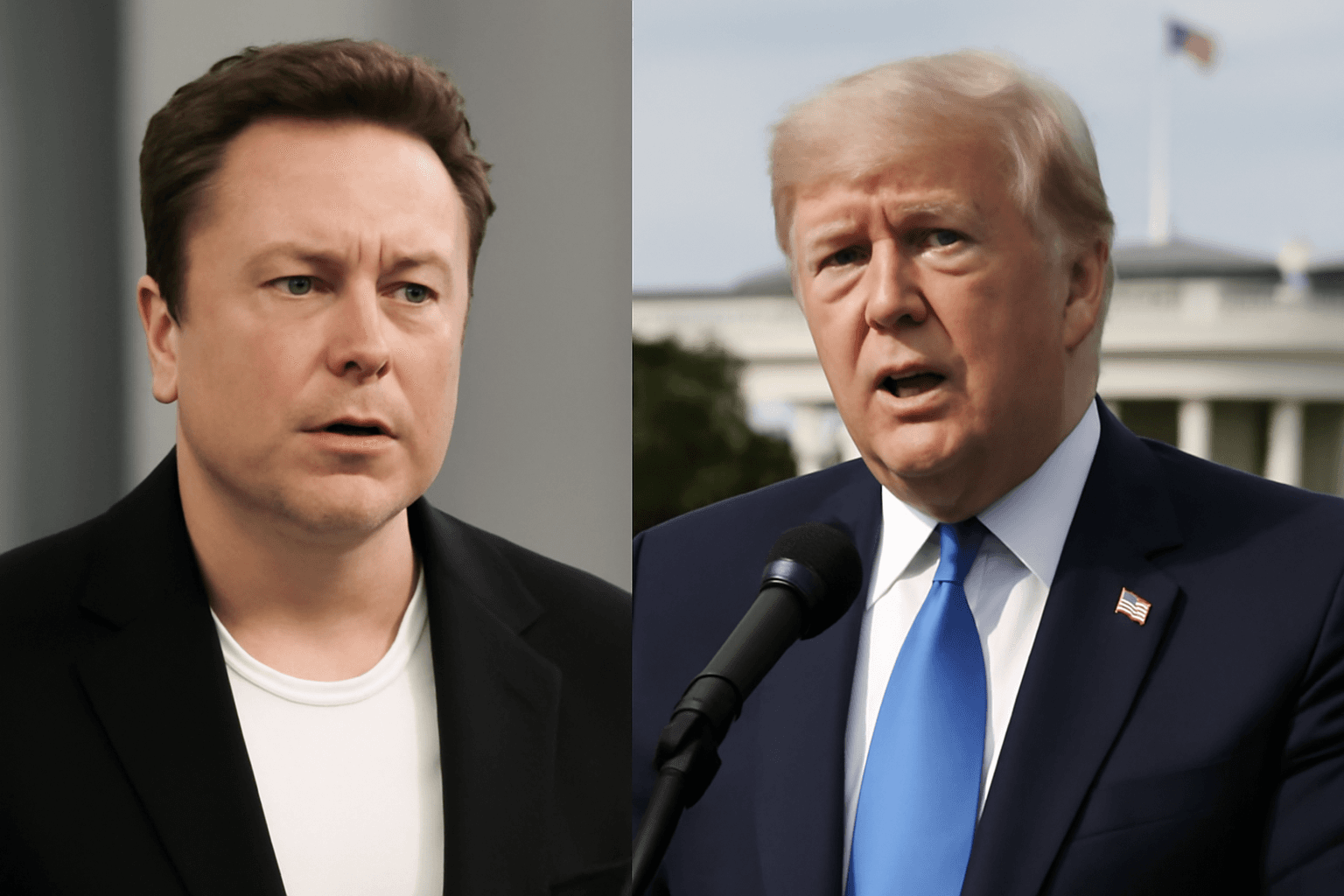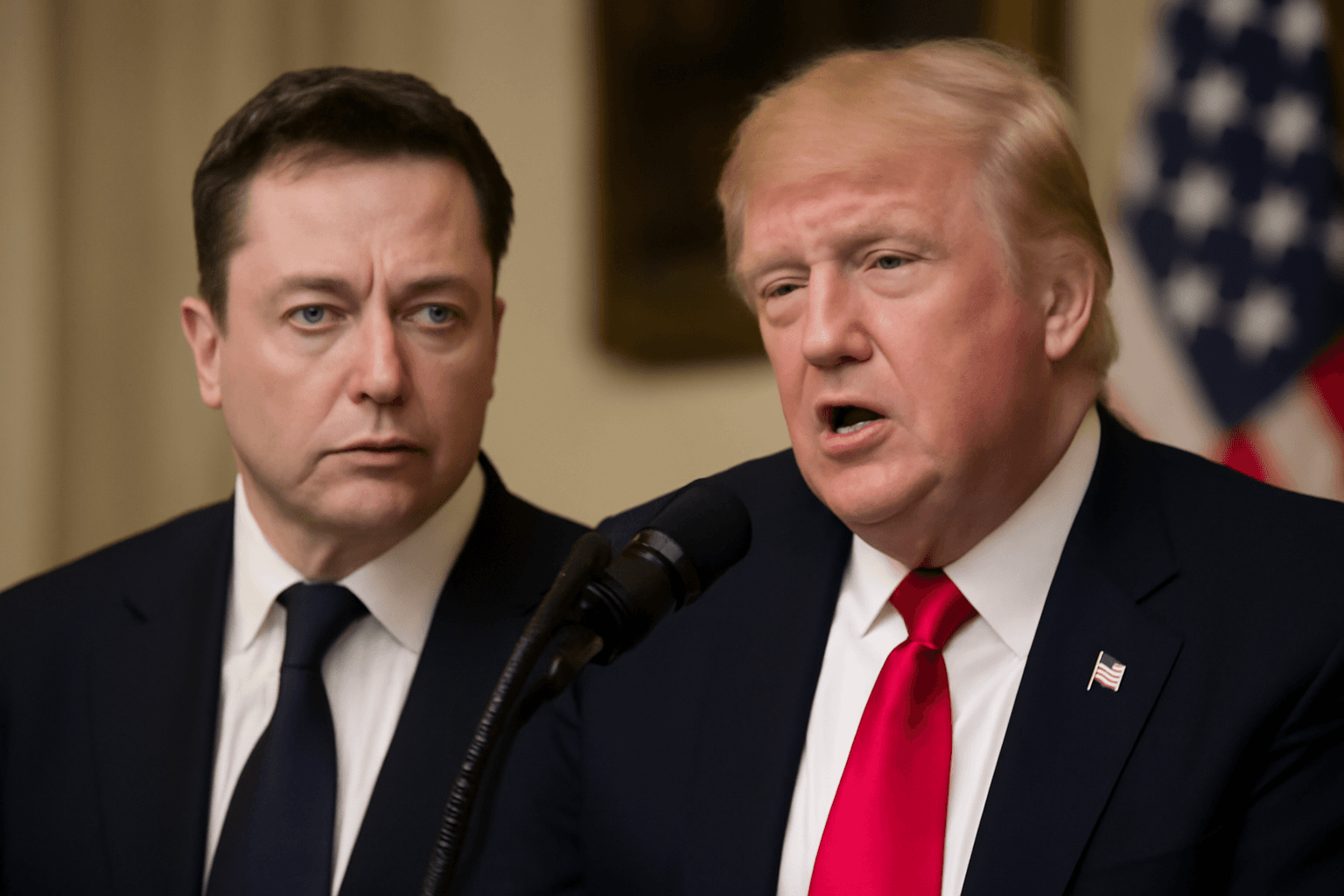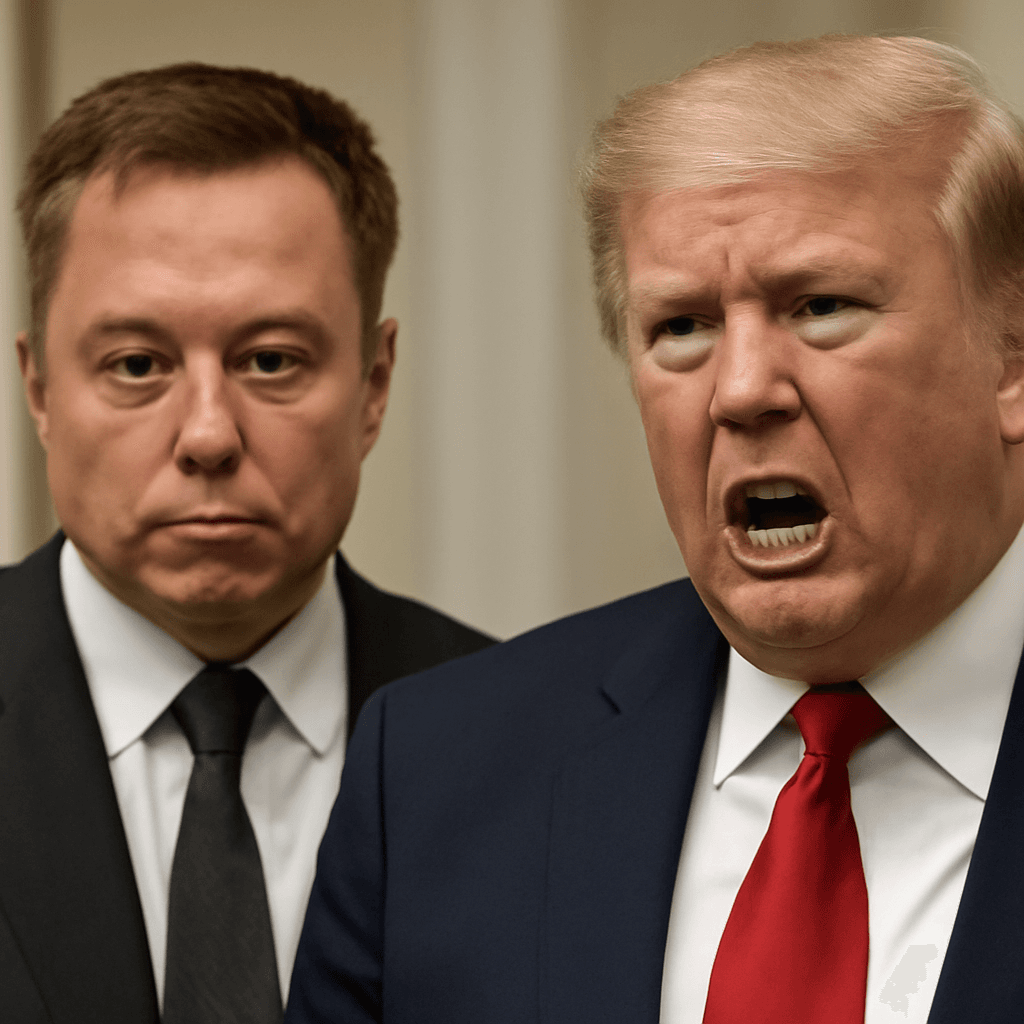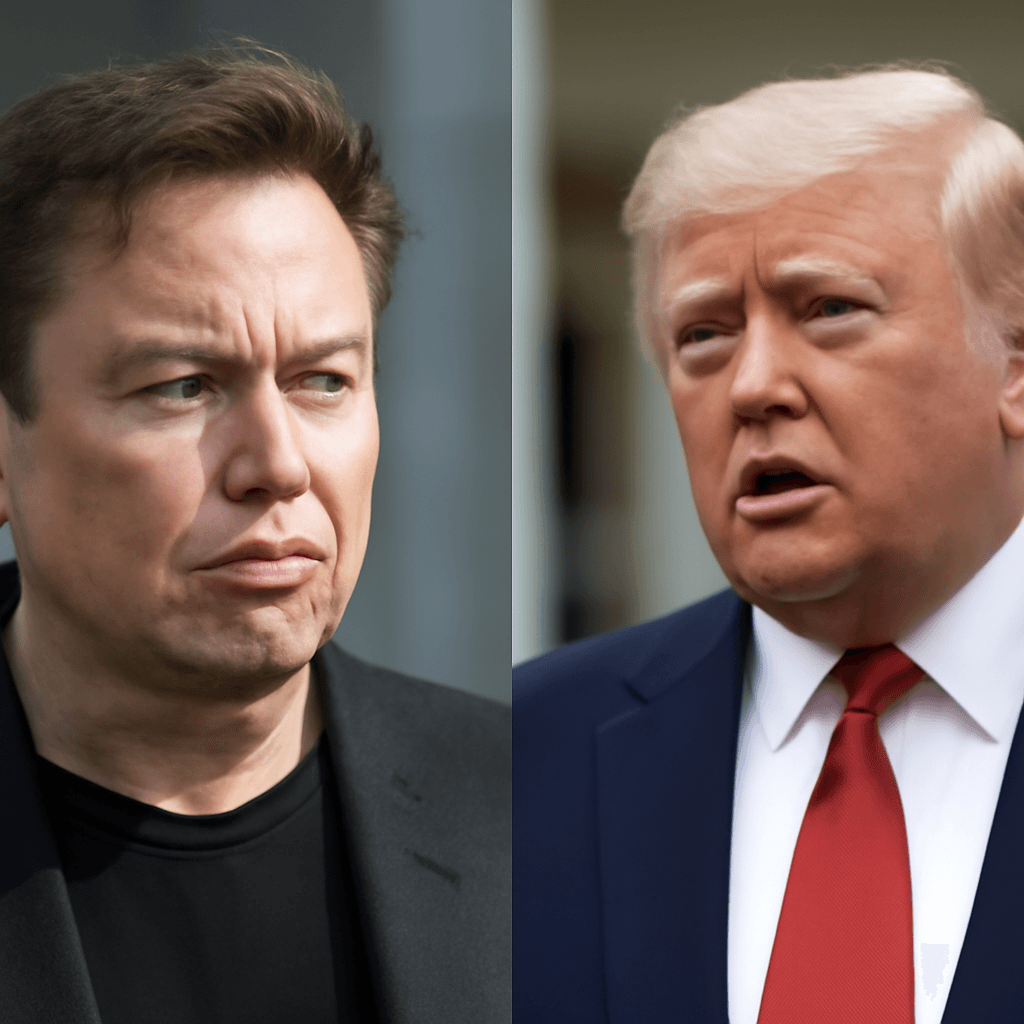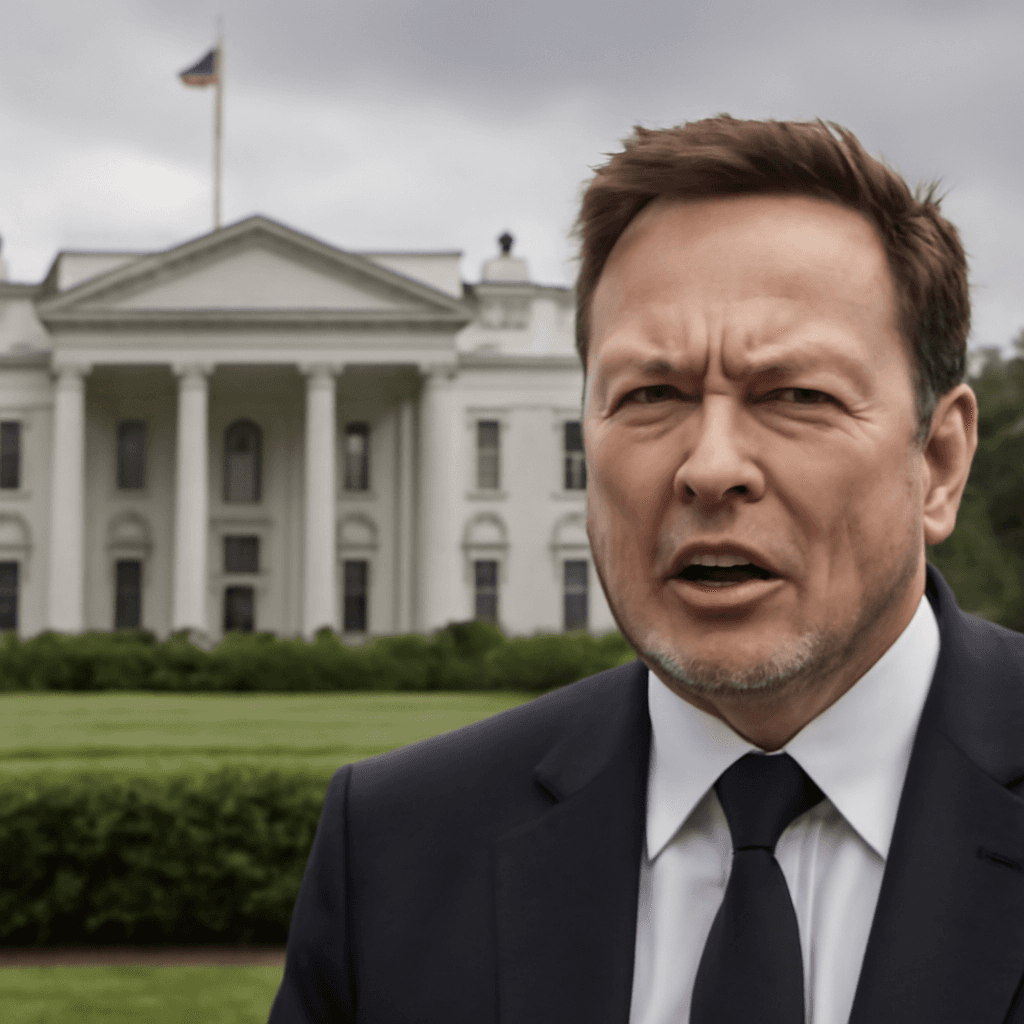IMF Tightens Oversight on Pakistan’s Budget Plans
The International Monetary Fund (IMF) has intensified its review of Pakistan’s fiscal budget, raising concerns over the country’s reliance on borrowed funds to finance its expenditures. Recent assessments indicate that provincial governments in Pakistan have exceeded their development budget allocations by nearly PKR 850 billion ($3 billion) beyond IMF estimates for the upcoming fiscal year.
The IMF is pressing for stricter adherence to program requirements, particularly from provincial administrations, to ensure fiscal discipline.
Taxation and Expenditure Controls Demanded
One major directive from the IMF is the imposition of agricultural income tax by September, an essential step to broaden Pakistan's tax base. Additionally, the fund has urged provincial governments to rein in spending, a directive clashing with the expansionary development plans previously endorsed by the National Economic Council (NEC).
Provincial leaders have expressed challenges in meeting budget surplus targets, attributing their fiscal constraints in part to shortfalls in federal revenue transfers.
Power Sector Subsidies and Crypto Mining Under Scrutiny
The IMF has voiced disapproval of Pakistan’s plans to incentivize higher electricity consumption and subsidize power and gas rates at the provincial level, particularly in Punjab. This includes concerns over the allocation of 2000 MW of electricity at significantly discounted rates for cryptocurrency mining operations, which contradicts the fund’s call for cost-cutting measures and equitable power sector reforms.
Furthermore, coordinated efforts to combat electricity and gas theft as well as smuggling are emphasized as necessary measures to reduce fiscal losses and curb tax evasion.
Conditionality Tied to $1 Billion IMF Aid Package
Pakistan’s receipt of a $1 billion installment under the IMF's Extended Fund Facility (EFF) comes with clear stipulations. The IMF has mandated that the funds be placed in the central bank’s reserves strictly to address balance of payments issues, explicitly prohibiting their use for budget financing or other governmental expenditures.
The IMF's Communication Director highlighted that none of the disbursed amounts under the EFF are allocated directly to the government's budget, ensuring the fund is used solely to stabilize Pakistan's external accounts.
Geopolitical Criticism of IMF Support
Pakistan’s IMF assistance has attracted international scrutiny, notably from neighboring India, which has urged a reassessment due to concerns over Pakistan’s alleged support of state-sponsored terrorism. Indian officials have labeled the aid as indirect funding for terror activities and called for international financial institutions to reconsider their engagement with Pakistan.
The IMF has so far disbursed $2.1 billion in two tranches as part of a broader $7 billion agreement signed last year, with ongoing monitoring to ensure compliance with program conditions.


